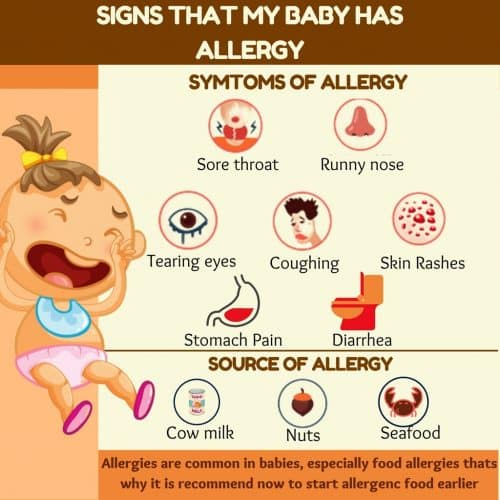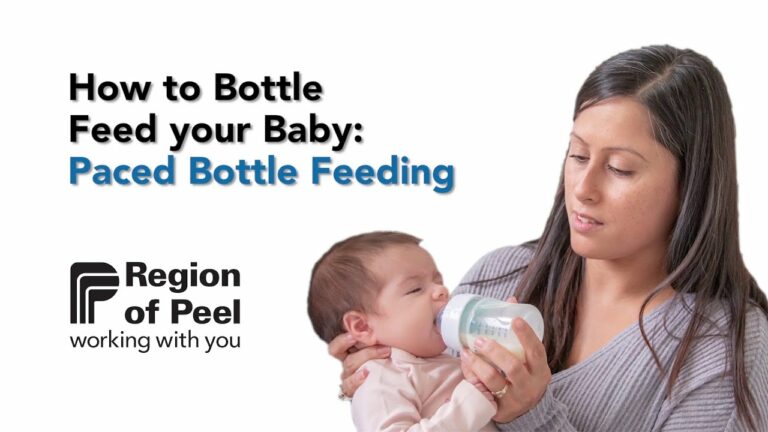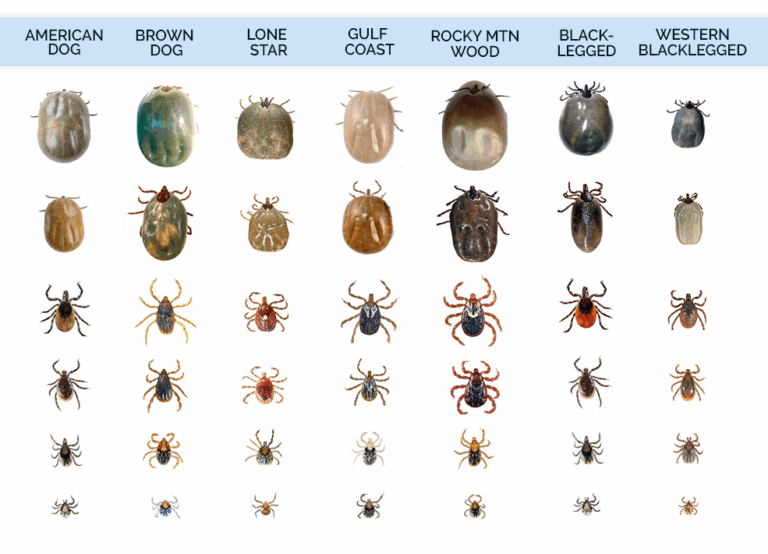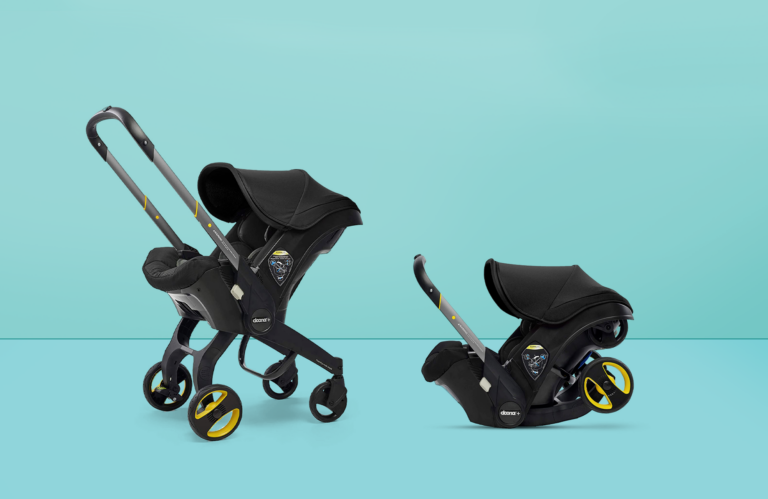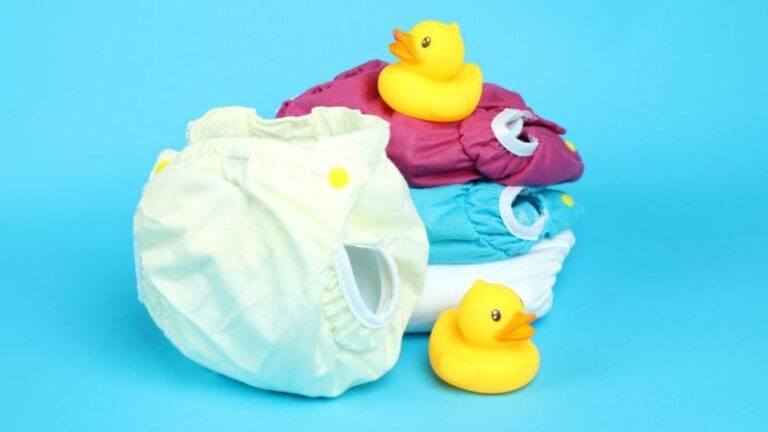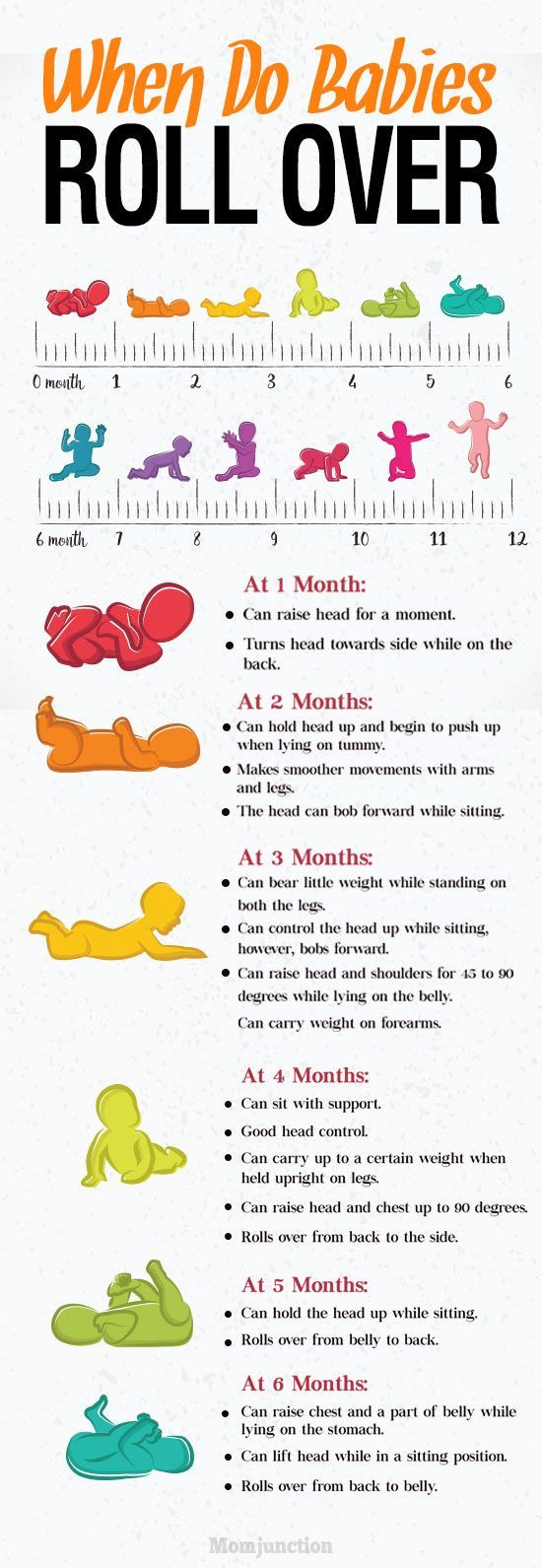What To Do If Your Baby Has An Allergic Reaction
As a parent, one of the scariest moments can be when your baby has an allergic reaction. It’s important to know how to handle this situation calmly and effectively. This article will provide you with comprehensive information on what to do if your baby experiences an allergic reaction, including signs to look out for, steps to take, and when to seek medical help.
Knowledge
Allergic reactions in babies can be triggered by a variety of factors, including food, insect bites, medications, or environmental allergens. It’s crucial to be aware of the signs and symptoms of an allergic reaction so that you can act quickly. Common symptoms of an allergic reaction in babies include:
Watch out for hives, itching, redness, or swelling of the skin. These can indicate that your baby is having an allergic reaction.
If your baby is having difficulty breathing, wheezing, coughing, or a runny nose, it could be a sign of an allergic reaction affecting their respiratory system.
Vomiting, diarrhea, or stomach cramps can also be symptoms of an allergic reaction triggered by food or medications.
If you notice any of these symptoms in your baby, it’s important to act quickly. The first step is to remove the potential allergen from your baby’s environment. If your baby has a known allergy, make sure to avoid exposing them to the allergen in the future.
Next, monitor your baby closely for any worsening symptoms. If your baby is having difficulty breathing, is experiencing a severe allergic reaction, or if you are unsure about how to proceed, seek immediate medical help. Call emergency services or take your baby to the nearest emergency room for evaluation and treatment.
Conclusion
In conclusion, knowing what to do if your baby has an allergic reaction is essential for every parent. By being aware of the signs and symptoms of an allergic reaction, you can act quickly and effectively to ensure your baby’s safety. Remember to remove the potential allergen, monitor your baby closely, and seek medical help if necessary.
Parents, caregivers, and anyone who spends time with babies should be educated on how to handle allergic reactions in infants. By being prepared and informed, you can help keep your baby safe and healthy. Stay vigilant, act swiftly, and trust your instincts when it comes to your baby’s health.
